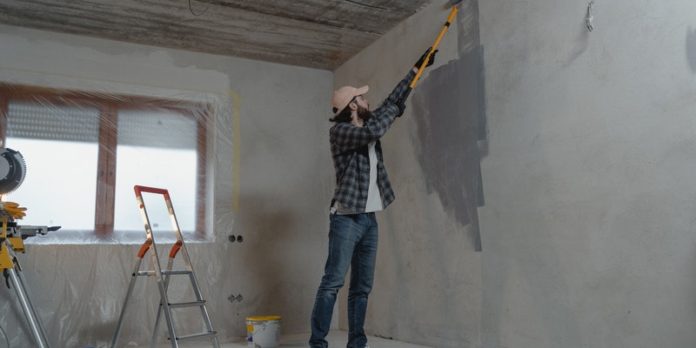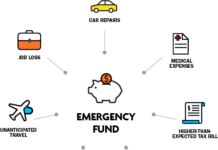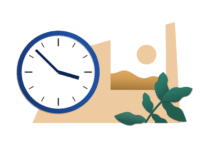Regular maintenance is part of homeownership. Every year, people spend over $3,000 on upkeep and unexpected issues. A big part of an owner’s budget disappears when they don’t prepare for difficulties. Here are seven budgeting tips to help you finance home maintenance emergencies.
1. Create an Emergency Fund
There are several funds to create for your home. For instance, you can distribute money to accounts to purchase furnishings or invest in renovations. Another must-have account to have is one for emergencies.
Never take money from this fund for impulse purchases or vacations. Use it to cover costs related to personal and home emergencies. For instance, if a storm damages your roof, an emergency fund can pay for the necessary repairs. According to Ace Roofing, an Austin expert roofing company, “unless you’re vigilant about leaks and other potential issues with your roof, you could be letting a small issue turn into a larger one — one that’ll cost you more money, time and headache than if you stayed on top of it in the first place.”
2. Apply the 1% Rule
The 1% rule relates to what you paid for your home and what to include in your emergency fund. Case in point, you add $4,000 to the account if you paid $400,000.
Split this into two funds to separate emergency issues from standard maintenance. For instance, $2,000 would go into an account for subscriptions to annual maintenance plans. Conversely, apply half of the money to the emergency fund and the other to finance roof or HVAC system upgrades.
3. Obtain a Home Equity Line of Credit
A home equity line of credit (HELOC) allows you to utilize your property’s equity as a loan. Instead of a lump sum, the HELOC acts like a credit card. In other words, you withdraw money as needed. Then, you have a certain period to return the funds to avoid interest payments.
Don’t use a HELOC as your emergency fund because money won’t be available if you exhaust it on something else. Consider it an account to cover the remaining balance of repairs or necessary upgrades.
4. Perform Regular Home Maintenance
Many emergencies occur when the homeowner doesn’t take care of routine maintenance. You might not replace the HVAC air filter during the year or clean the gutters. As a result, you create problems that harm the equipment. Plus, there’s also a chance of damage to your home.
Perform regular home maintenance to stop them from becoming emergencies. Replace your HVAC every 30-60 days. Clean your gutters each spring, fall, and after a storm. Install new washers on kitchen and bathroom sinks. Each of these steps saves you money and worry.
5. Check All Areas for Potential Issues
There are many areas in your home to look for potential issues. These include:
- Roof
- HVAC unit
- Electrical wires
- Gutters
- Driveway
- Plumbing
- Sewer lines
- Under kitchen and bathroom sinks
- Bath and shower
- Sump pump
- Septic tank
Although you regularly examine your gutters or HVAC unit, you probably don’t look at your sump pump or septic tank until there are issues. To properly budget for home maintenance emergencies, you must examine all these areas. Create calendar reminders if necessary to ensure you take care of these items.
6. Don’t Wait to Make Repairs
Maintenance issues don’t fix themselves. A leak under the kitchen sink doesn’t vanish. It gets worse, and you pay much more for repairs.
Be proactive instead of reactive with your home maintenance. Take care of leaks before they require a complete plumbing system overhaul. Fix your roof if you notice missing or damaged shingles to prevent a total replacement.
7. Purchase a Maintenance Plan
The best way to budget for home maintenance emergencies is to purchase a support plan. Usually, this program features regular check-ups of your plumbing, electrical, and HVAC unit. Repairs require a nominal fee for parts or labor. A maintenance plan provides a way to enhance your home’s upkeep and give the owner peace of mind.
Don’t get caught unprepared for an emergency. Follow the above budgeting tips to minimize the cost and concern of maintenance emergencies. Creating a fund to cover issues, subscribing to maintenance plans, and regularly addressing common repairs reduces the amount of worry. Plus, it provides a sense of security to you and your family. In the end, that turns into many years of satisfaction with your home.












